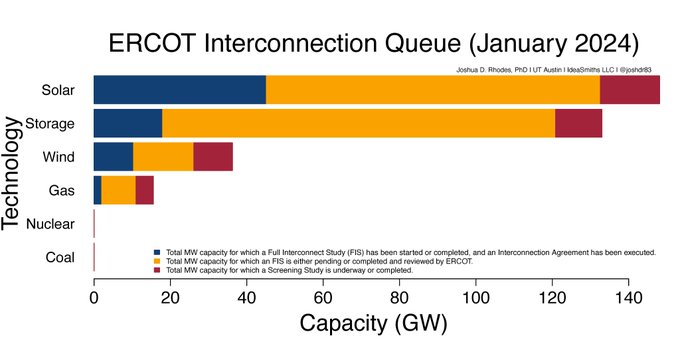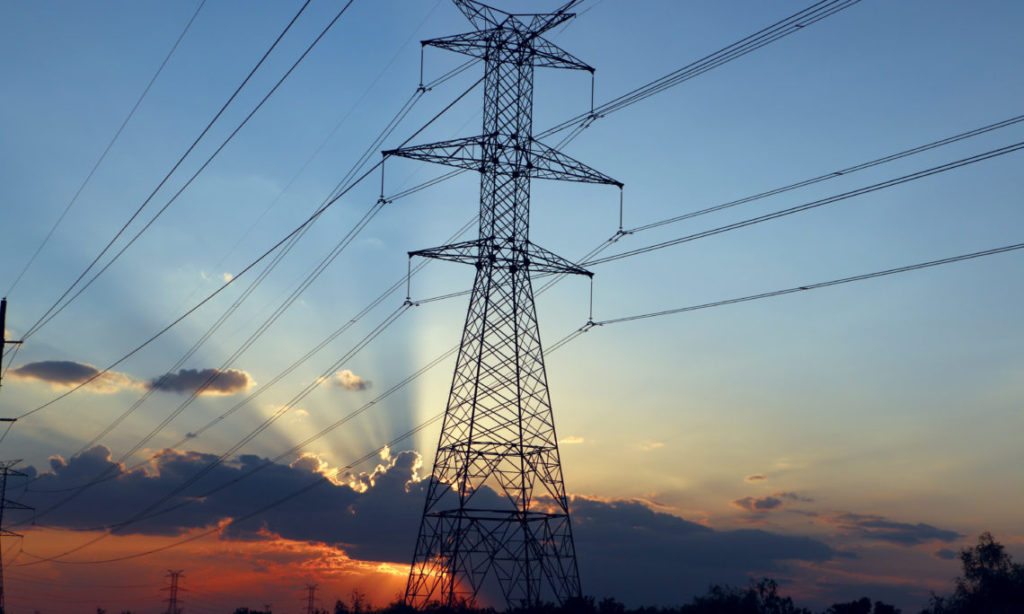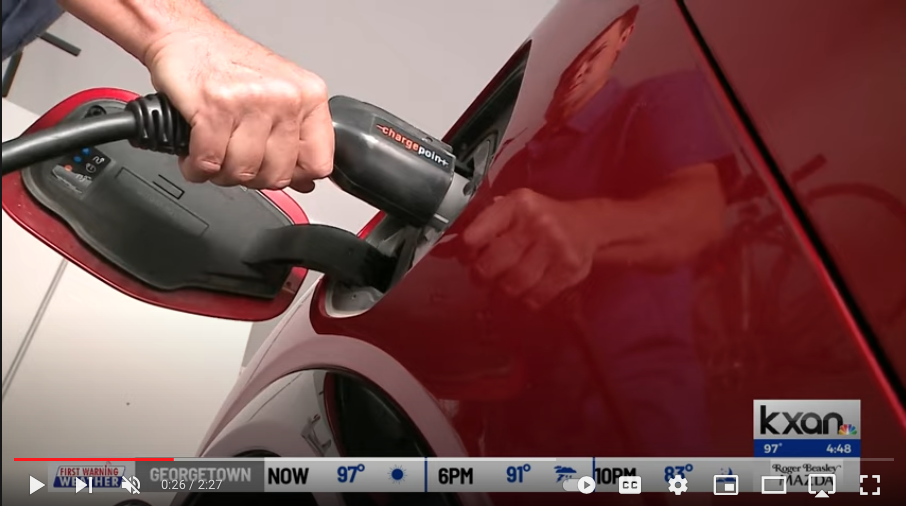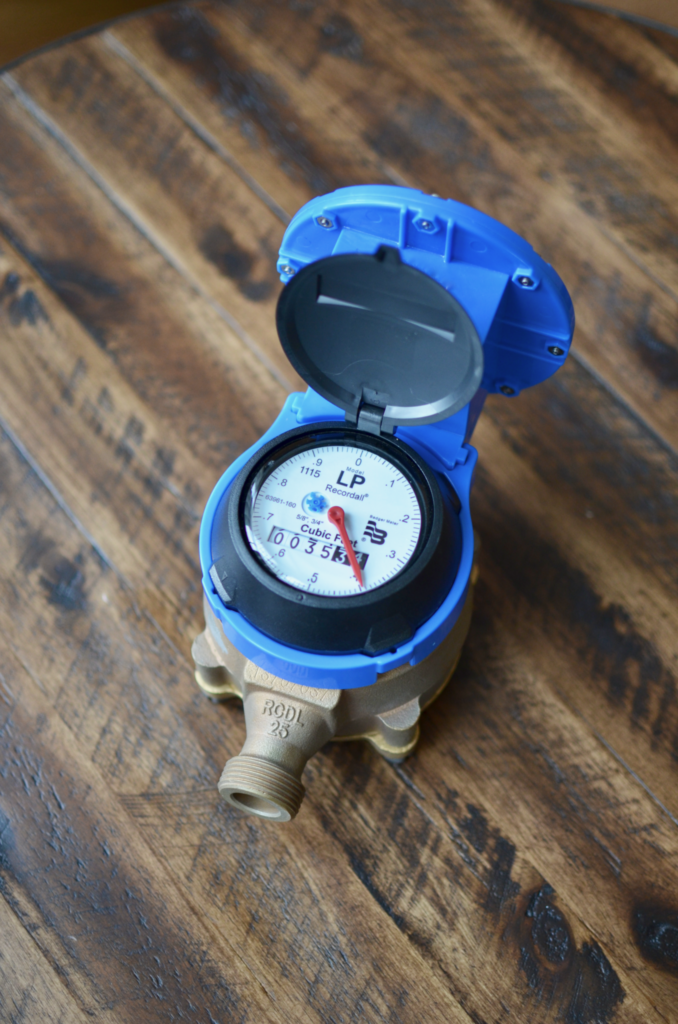
Featured

Charging Data Shows How EVs Can Ease the Grid
By Cavan Merski, data analyst, Pecan Street – EV owners typically fall into one of three distinct time-of-day charging profiles: midday, evening, or overnight charging. Our data allows us to quantify this behavior and test how flexible it is.

Voltage & Current Waveform Data Ushers in New Era for Residential Electricity Research
By Scott Hinson, chief technology officer, Pecan Street – Now, we’re taking the next big step. Our latest advancement involves sampling waveform data, capturing direct high-resolution measurements of voltage and current at the waveform level.

Exploring the Power of High-Resolution HVAC Demand Data
By Cavan Merski, data analyst, Pecan Street – Pecan Street measures energy use every second from individual home circuits, such as HVAC condensers, fans, and auxiliary resistance heating. This granularity empowers energy researchers, utilities, building designers, and policymakers to make informed decisions in a number of areas.

The Future of Virtual Power Plants Rests on Device Interoperability
By Scott Hinson, chief technology officer, Pecan Street – Interoperability didn’t matter much when Edison’s centralized approach to electricity was deployed across the country. But as distributed energy resources (DERs) have proliferated, it has become more than important. It’s essential.

Your Thermostat Could Be a Power Plant
By Cavan Merski, data analyst, Pecan Street – Virtual power plants (VPPs) are a cost-effective, flexible solution to the challenges of balancing supply and demand on power grids. And they’re rapidly gaining traction in the energy industry.

Walking the Energy Efficiency Walk with Detroiter and Pecan Street Participant Ed Gies
By Colin Rowan, director of communication, Pecan Street – If you go through the list of technology and energy efficiency features in Ed Gies’ southwest Detroit home, it’s hard to believe it’s the same neighborhood his parents lived in after World War II.

Connecting Energy Data with Voices of Real Homeowners
Guest Blog by Hannah Danaë Goodman of CAPA Strategies – No one likes to spend on their energy bill, but for many families across the country, utilities aren’t just an inconvenience but a huge financial burden. For families living paycheck to paycheck, high energy bills can be a serious source of stress that forces them to do burdensome mental math about cutting costs in other areas, finagling payment plans, or reaching out to family members for assistance.

Achieving Affordability, Resilience and Abundance with Virtual Power Plants
By Cavan Merski, data analyst, Pecan Street – The transformative potential of virtual power plants (VPPs) is poorly understood. Your average electricity customer has no idea what VPPs are. Even in the legislative and regulatory universe, VPPs are considered tomorrow’s technology and have not yet been fully integrated into grid planning efforts. They should be.

A Plan for a 21st Century Grid – Part 4: A Strong, Resilient Grid Starts With a Plan
By Scott Hinson, chief technology officer, Pecan Street – In Texas and across the country, customers deserve a grid that will keep us warm during the next Uri, that will rebound quickly after the next tropical storm, and that will keep us cool during ever-hotter summers. One that’s stronger, cleaner, cheaper and smarter. And that will take a plan.

A Plan for a 21st Century Grid – Part 3: Fossil Fuel Thinking is Clouding Our Future
By Scott Hinson, chief technology officer, Pecan Street – Despite the catastrophic failure of natural gas power plants during Winter Storm Uri, fossil fuel electricity generators are still considered more reliable than other electricity solutions, be it solar, wind, batteries, demand response, etc. The state’s biggest solution to Uri was a multi-billion dollar investment in….more gas plants.

A Plan for a 21st Century Grid – Part 2: Can Texas’ Shaky Grid Handle the Exponential Growth Ahead?
By Scott Hinson, chief technology officer, Pecan Street – In its recent demand forecast, ERCOT predicted electricity demand could nearly double. Not in the next 50 years, but the next 5. And crypto and data center growth is an overwhelming culprit. What's Texas going to do about it?

A Plan for a 21st Century Grid – Part 1: Our Historic Hands-off Approach Isn’t a Plan.
By Scott Hinson, chief technology officer, Pecan Street – Over the next couple of weeks, we’ll look at some of the big grid challenges Texas has faced recently and how leaders have responded. Not to spoil the ending, but it should be a clarion call for the rest of the country to think strategically and urgently about the grid.

Pecan Street on KXAN: Why One Austin Neighborhood Tracks Energy Use Down to the Circuit
AUSTIN (KXAN) — Every light bulb, microwave and electric vehicle charger — tracked! That’s what around 300 homes are doing in the Mueller neighborhood in east Austin. They’re doing it as part of a research project called Pecan Street, and the data they’re collecting could reshape energy usage in the years to come.

Pecan Street’s JupyterHub Can Help Rapidly Scale and Iterate Your Research
By Cavan Merski, data analyst, Pecan Street – To allow better access and more sophisticated analysis of this data, we launched our own Jupyterhub, a multi-user server for Jupyter Notebooks designed to support large-scale analysis by using GPU and memory based on a server rather than a local machine. It also allows multiple users – like groups of students or researchers – to share the same document at the same time.

E&E News: Blackouts are on the rise. So Austin is making a ‘microgrid’
Scott Hinson is the chief technology officer for Pecan Street Inc., a nonprofit research organization that focuses on ways to spread solar power to reduce the use of fossil fuels in electricity generation. Pecan Street is located in the Mueller neighborhood and has organized some volunteer homeowners to participate in the blackout experiment. It might expose them to infrequent losses of power.

Utility Dive – Utilities have multiple ways to drive lower energy use
The data for Kopalle's research came from Pecan Street, an Austin-based non-profit that manages a neighborhood electricity test bed. Almost 1,000 homes have volunteered to have advanced metering infrastructure installed, capturing circuit-level, minute-by-minute consumption data along with generation data from dozens of homes with solar panels.

Pecan Street and Eaton Testing Demand Response Tech
Energy research organization Pecan Street Inc. and power management company Eaton are partnering to develop and test a next-generation residential demand response solution that will increase overall efficiency of the electric grid and optimize the use of renewable energy generation resources.

What California’s Rule 21 Gets Right and Wrong for Residential Solar
By Scott Hinson, chief technology officer, Pecan Street - Several of the requirements of California's Rule 21 will help encourage the installation of more solar and storage. However, there are two areas where Rule 21 lacks important features or functions for improved solar integration and grid resiliency.

Pecan Street Opens Applications for Second Cohort of Testing, Validation and Market Entry Program
Texas-based Pecan Street Inc. is accepting applications from energy technology startups for the second cohort of its PLATFORM for Product Launch program. Start-ups with a clean energy hardware innovation targeted at the residential and/or small commercial sectors and who have a functioning prototype can apply at pecanstreet.org/platformapp.

Pecan Street and Austin Energy Look to Bring V2G Mainstream with Possible Microgrid Applications
“The type and quality of analysis provided by research from Pecan Street will be critical in proving the feasibility of V2G for Austin and similar energy environments,” said Austin Energy's Cameron Freberg.

Diving deeper into power factor
By Scott Hinson, chief technology officer, Pecan Street Residential solar inverters typically only provide real power to the electrical grid. When they do that, the reactive power component (either the displacement or distortion current) isn’t affected. It stays on the grid. The real power draw of the house is minimized or even completely canceled. This means that the utility has to deal with the portions of the load – called reactive power – that reduce power factor.

Greentech Media: Vehicle-to-Grid Testing Comes to Texas
Pecan Street Inc., an Austin-based energy research organization, and the publicly owned electric utility Austin Energy launched what they say is Texas’ first grid-tied vehicle-to-grid (V2G) research and testing center.

Pecan Street to Conduct Field Testing and Data Management for $2.9 Million ARPA-E Study on HVAC Efficiency
Austin-based Pecan Street Inc. will conduct the field testing and data management for a University of Michigan study that will tackle two of the electricity industry’s biggest – management of renewables intermittency and management of heating, ventilation and air conditioning (HVAC) load growth – the latter of which is projected to be one of the top drivers of global electricity demand and carbon emissions over the next few decades.

Pecan Street Launches Texas’ First Grid-Connected Vehicle-to-Grid Research and Testing Center
Pecan Street Inc. launched Texas’ first grid-tied vehicle-to-grid (V2G) testing center at its lab in Austin, Texas, turning electric vehicles into a dispatchable load shaving tool for municipally-owned electric utility, Austin Energy.

Tendril Acquires EEme to Unlock Appliance-Level Energy Insights
EEMe CEO and founder Enes Hosgor told Greentech Media in 2015 that its Pecan Street tests broke new ground for the energy disaggregation industry in terms of the scale and openness of its testing. “If you don’t have that insight in public, you cannot have a benchmark, a reference point, to move the entire knowledge base forward,” he said.

Finding invisible water (and money) leaks with Pecan Street’s tech
By Rachel Jenkins, director of operations, Pecan Street Most water customers – residents and businesses alike – know how much water they used last month. But they don’t know what used that water, or when. Pecan Street’s equipment lets users see water use minute-by-minute, in near-real time.

Live from Texas, it is “Vehicle-to-Grid”!
By Andrea Tosi, power systems specialist, Pecan Street We hit an important energy milestone recently with the installation of an electric vehicle (EV) charger that can charge from and discharge to the grid – a bidirectional flow of energy known as Vehicle-to-Grid, or V2G. For the first time in Austin, and possibly in Texas, energy was transferred from an electric vehicle’s battery pack to the electric grid’s distribution feeder.

A drone (and photographer) visits Pecan Street research families
By Rachel Jenkins, director of operations, Pecan Street Thanks to our friends at Environmental Defense Fund, we spent some time last week shooting new photos of two research families and flying a drone to get some cool footage of all the solar panels around the Mueller neighborhood. Look at all those solar panels!

GCN.com – Can electricity use predict a bad morning commute?
Why are some morning commutes so much worse than others? New research shows that nighttime and early-morning energy use can be a good predictor of morning traffic congestion. Sean Qian, an assistant professor of civil and environmental engineering at Carnegie Mellon University, and Ph.D. student Pinchao Zhang created a model that mined data on electricity consumption from 322 homes in Austin, Texas, and used artificial intelligence to predict what traffic would look like the next morning.

New York and California Participation Agreement
Following is a participant agreement for Pecan Street’s current volunteer recruitment in New York and California. By completing and submitting this form, you are agreeing to the terms outlined below. If you would like to learn more about participating in our research, please visit our Resources page. To begin, please provide the contact information and […]





